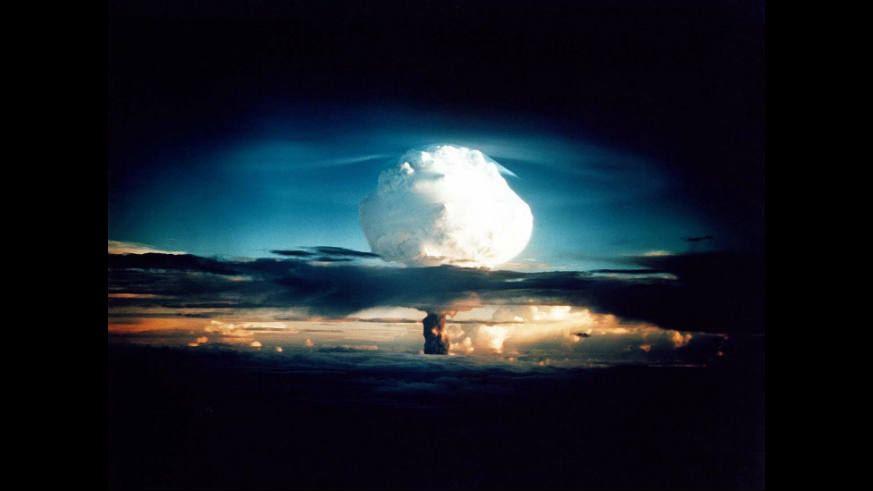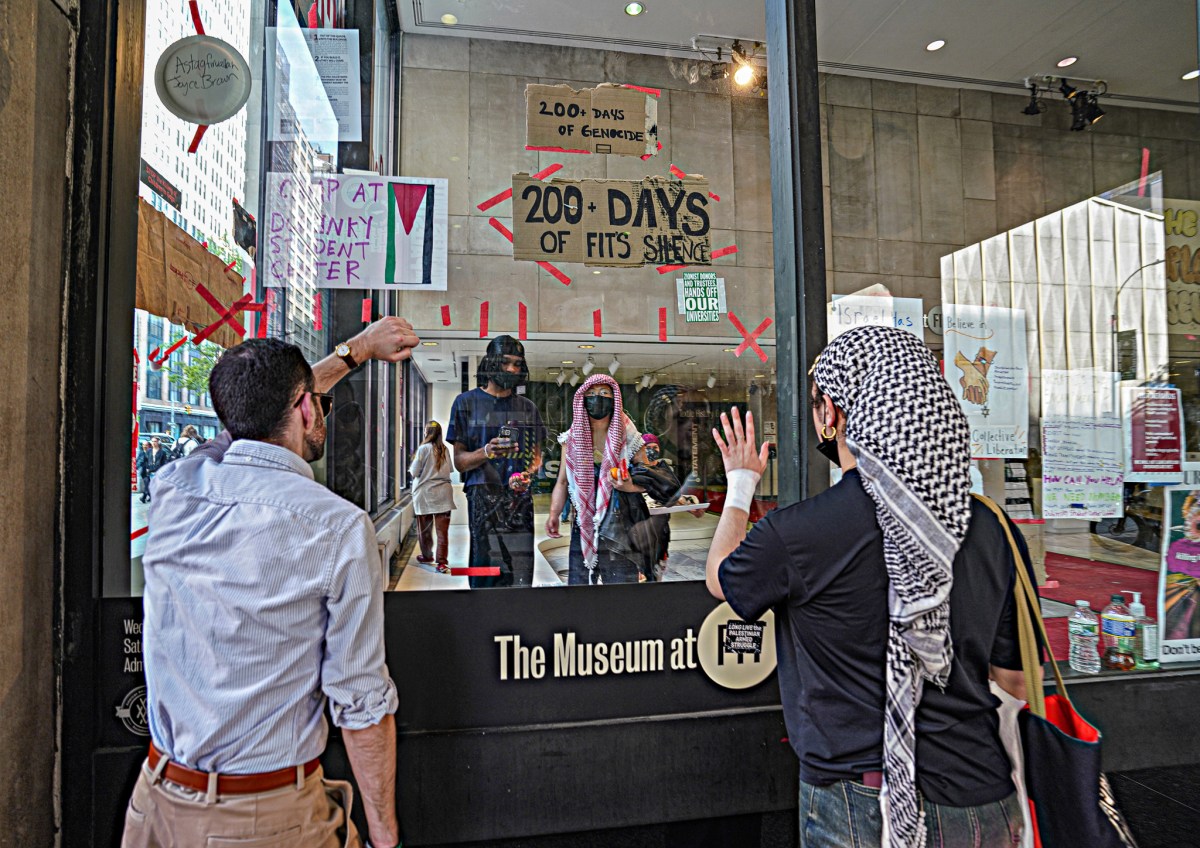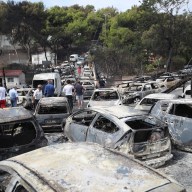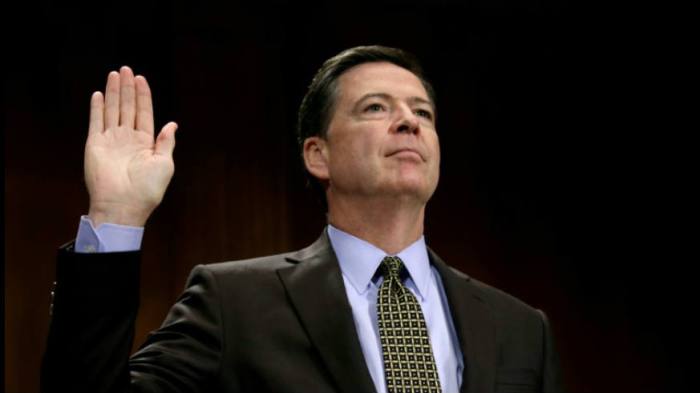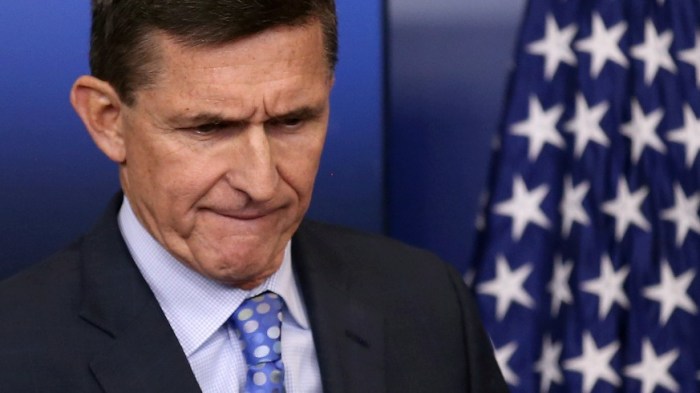On Tuesday, President Trump made a call to Russian President Vladimir Putin to “congratulate” him on being the “winner” in the Russian presidential “elections,” a move that drew criticism even from members of Trump’s party.
During a photo op in the afternoon, the president addressed his conversation with Putin. He said, “we will probably get together in the not-too-distant future so that we can discuss arms, we can discuss the arms race. As you know, he made a statement that being in an arms race is not a great thing.” Trump added that the arms race was “getting out of control.” But wait, what is an arms race, and isn’t it an old issue? We break it down.
So what is an arms race?
What is an arms race, exactly? An “arms race” is when rival nations accelerate the production of military weapons and instruments during peacetime as a competitive statement. The term was first used in the late nineteenth century during the naval rivalry between England and France. A major naval arms race among the United States, Britain and Japan at the end of World War I ended in the first-ever arms-limitation treaty.
What is an arms race if we’re talking about it right now? Today, “arms race” is most often used in reference to the Cold War between the former Soviet Union and the United States starting in the ’60s, during which nuclear stockpiles grew exponentially. In the ’80s, the term was a staple of the news cycle, particularly when Ronald Reagan announced his intent to develop a missile-defense system in 1983, which was derided as “Star Wars” and ultimately never came to pass.

Historians point out that an arms race is as much mental as physical. “What it connotes is a game with a logic of its own,” the “Readers’ Companion to Military History” says. “Typically, in popular depictions of arms races, the political calculations that start and regulate the pace of the game remain obscure. As Charles H. Fairbanks, Jr., has noted, ‘The strange result is that the activity of the other side, and not one’s own resources, plans, and motives, becomes the determinant of one’s behavior.'”
Are we still in an arms race with Russia?
Well, we weren’t. The U.S. position since the end of the Cold War in the ’80s has been deterrence; American presidents have signed a number of nuclear-deceleration treaties with the former Soviet Union and Russia since the early ’90s. Nuclear spending and development have declined significantly. In 2010, President Obama signed the New START treaty with then-Russian president Medvedev, which called for a major reduction in nuclear warheads and launchers.
But on Dec. 22, 2016, President-Elect Donald Trump tweeted, “the United States must greatly strengthen and expand its nuclear capability until such time as the world comes to its senses regarding nukes,” basically calling for a restarted global arms race. The next day, Trump told MSNBC, “Let it be an arms race. We will outmatch them at every pass and outlast them all.”

